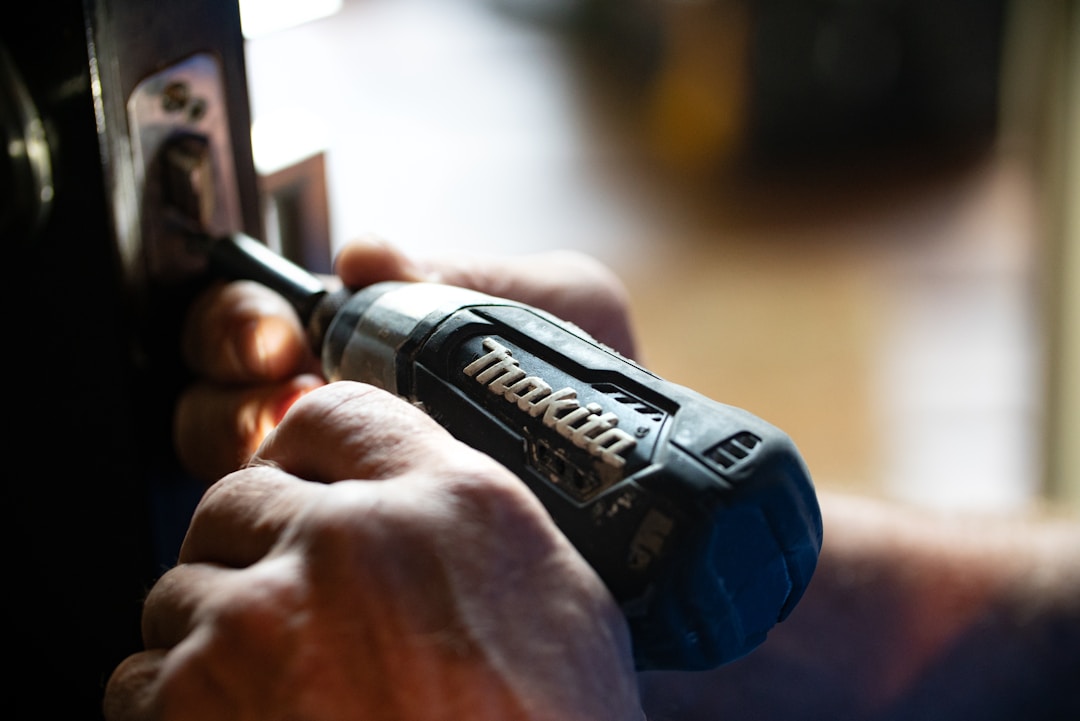The main function of a boiler is to keep your home warm during the winter season. They also ensure that hot water is readily available for use. If your boiler system is not working efficiently, this will certainly cause inconvenience, especially during the winter months.
No doubt, a boiler can’t function optimally forever. However, several factors can cause a boiler to malfunction sooner than expected. Worse yet, most boiler faults occur with any prior warning or signal. Regardless, some pointers could indicate your boiler is on the verge of breaking down. Here are a few warning signs your boiler is failing.
1. Your boiler regularly breaks down.

Modern boilers are usually built to last for years. Like most machines, unforeseen circumstances can cause them to malfunction. One of the telltale signs your boiler is failing is that it’ll break down regularly. If your boiler switches off itself or stops heating water fast, you likely need a boiler replacement.
There’s no gainsaying that your boiler is failing if it breaks down frequently, and you keep taking it for repairs. Besides, debris and dirt can significantly decrease the boiler’s energy efficiency. More so, boilers that frequently break down consume more energy which invariably increases your energy bill.
2. There is a low boiler pressure.
Boilers function optimally when the system is pressurized. More so, the pressure has to be maintained to ensure hot water moves through your pipes and radiators efficiently. Most boilers are outfitted with pressure gauges for the user to check the boiler pressure.
Some modern boilers have LCD screens that display an error code when the pressure is too low. If you don’t check your pressure gauge regularly, it won’t be difficult to notice a pressure drop. Try to check the pressure regularly to stay ahead of any breakdown or fault. If the boiler pressure drops too low, the central heating will stop working, and the radiators will fail to heat up. If your boiler is making a gurgling sound, you might need to bleed the radiator system to release the trapped air.
3. You notice a leak from the boiler.

A leak coming from your boiler is a sure sign that your boiler is failing. Make sure you turn off the water supply and central heating before finding the cause of the leak. If you notice a gas leak, carbon monoxide leak, or water leak, get an HVAC technician to repair the leak.
The most common causes of leaking boiler include a broken internal component or high boiler pressure. If the pressure valve or pump seal gets broken, the chances are that it has worn out and needs replacement. There are cases where the boiler is leaking around the tank or pipes. This is usually a case of poor installation or an indication of corrosion. Ensure you call out an engineer that is proficient in diagnosis and boiler repair.
4. The boiler makes noise.
A noisy boiler is a telltale sign that your boiler system is on the brink of failure. Some typical sounds faulty boilers make include banging, rumbling, gurgling, or whistling. These noises are caused by different reasons and indicate the presence of a fault. The nature of the fault depends mainly on the type of sound. For instance, whistling or kettle-like sounds happen when water flow is restricted within the heat exchanger forcing it to boil and steam.
You must identify the origin of the sound as soon as you can. Nine times out of ten, the noise could be coming from the central heating pipe or radiator. Some common causes of noisy boilers include limescale, overheating, a faulty thermostat, low water pressure, and insufficient water flow. Neglecting the warning signs could result in a total breakdown of your HVAC system.
































